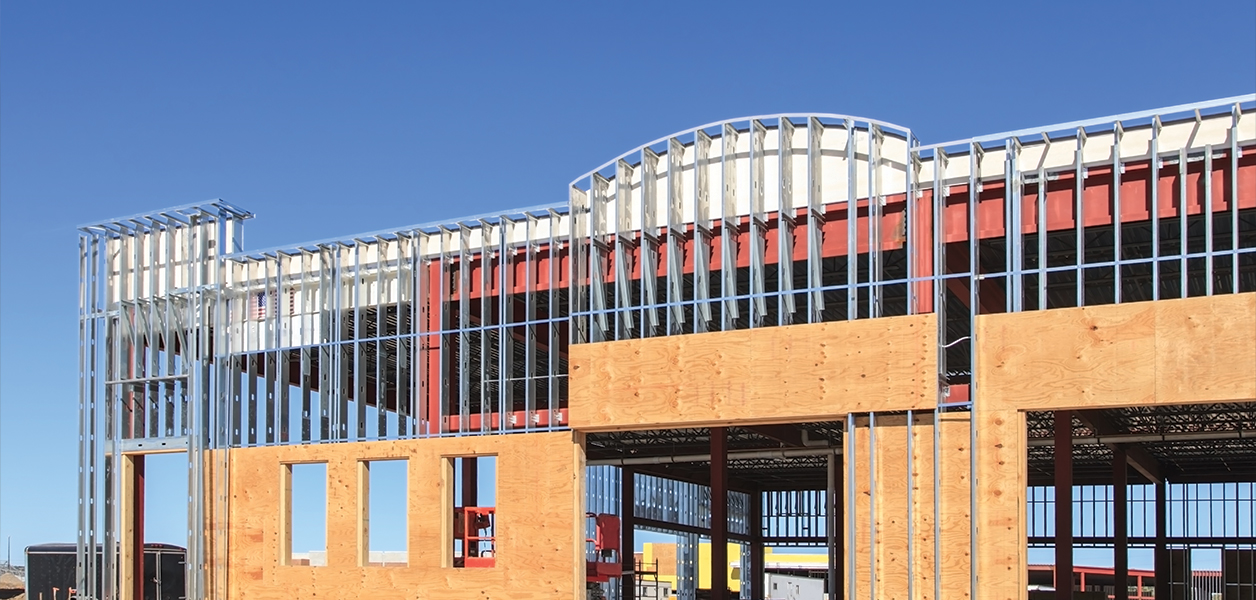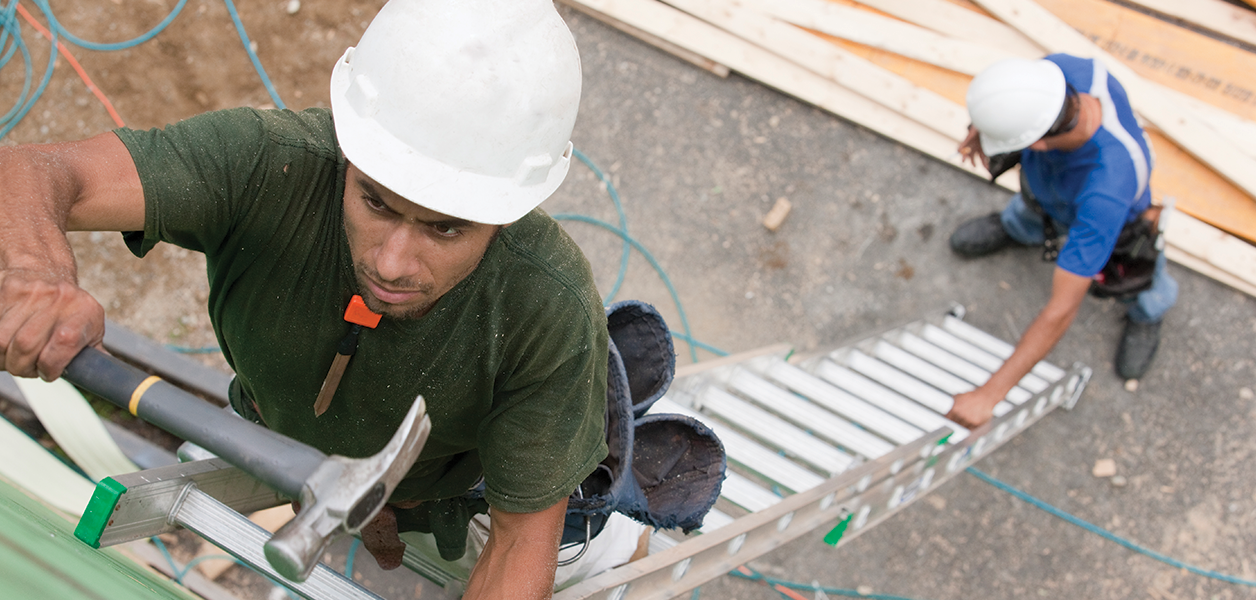Construction employment decreased by 3,000 jobs in January, according to www.abc.org. During the past nine months, the industry has added 857,000 jobs, recovering 77% of the industrywide jobs lost since the start of the COVID-19 pandemic.
The construction unemployment rate fell from 9.6% in December 2020 to 9.4% in January—an increase of 4 percentage points compared with the same time last year. The national unemployment rate for all industries fell from 6.7% in December 2020 to 6.3% in January as the U.S. economy added 49,000 jobs.
Nonresidential construction employment lost 1,900 jobs on net in January, and there were job gains in one of the three nonresidential segments; heavy and civil engineering added 2,000 jobs on net. Nonresidential specialty trade contractors lost 3,000 jobs on net, and nonresidential building declined by 600 jobs on net.
“Multiple forces are shaping nonresidential construction market dynamics, with the result that industry employment has flatlined,” said Associated Builders and Contractors Chief Economist Anirban Basu. “The construction industry began the COVID-19 crisis with significant backlog, according to ABC’s Construction Backlog Indicator. This industry also has the enviable status of an essential industry in America. That pre-existing strength in a number of public construction segments continues to translate into demand for workers.
Basu said commercial real estate has been affected by online sales and remote work, which reduced demand for construction services in office, lodging and other commercial segments and led to fewer jobs in the nonresidential building and specialty trade categories. He said although public construction spending is set to weaken, there are some potential bright spots, including fulfillment centers, data centers, manufacturing facilities and health care.
“But much of the industry’s fortunes during the balance of 2021 and into 2022 will depend on policymakers in Washington and their ability to deliver on their commitment to expanding the capabilities of the nation’s infrastructure,” Basu said. “Absent a federal infusion of significant and much-needed investment, nonresidential construction is poised to be one of the weaker economic segments in terms of pace of recovery going forward.”





